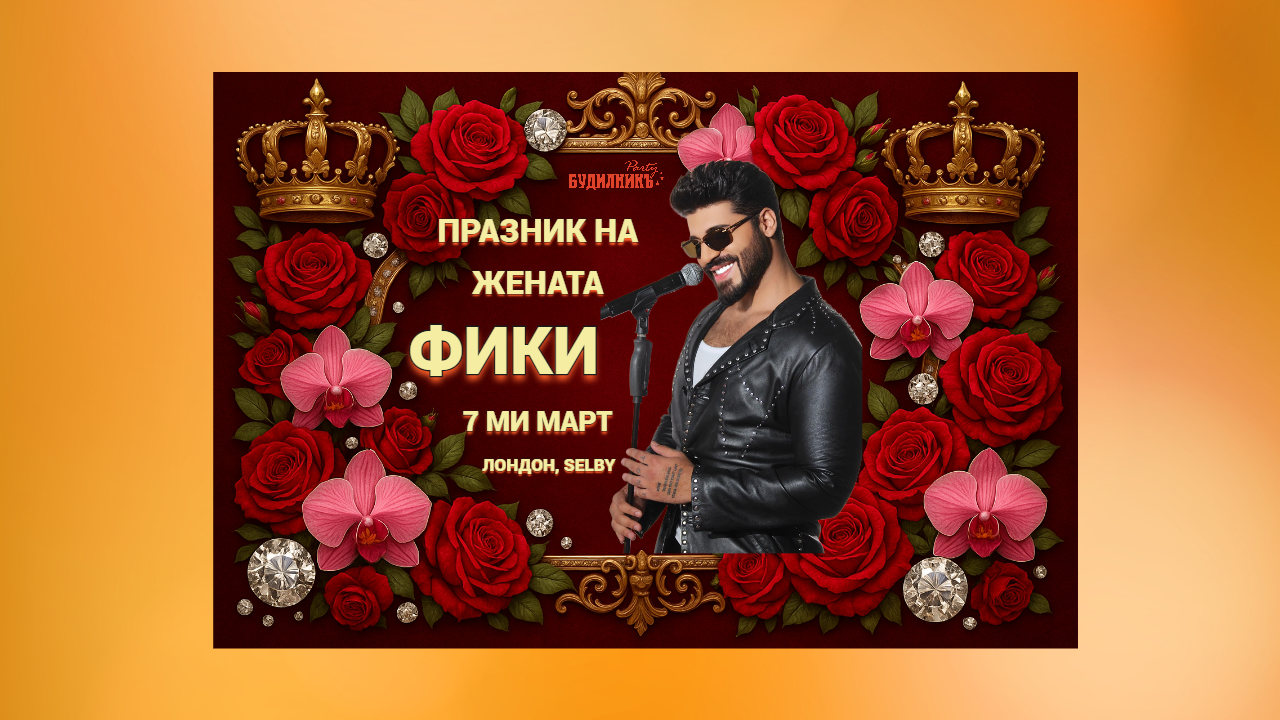By Rumyana Vakarelska
‘Budilnik’ s newspaper new English Language Page contains original journalistic content in print and online on key developments in Bulgaria and Britain and on UK’s ex-pat life, aiming to build a higher and well-informed mutual awareness of the two countries and the viable prospects ahead of both. It will include exclusive articles, interviews and pictures about business, investment, work life, politics, culture and identity, which are of specific interest to the Bulgarian community in the UK and across the world, also known as ‘the Other Bulgaria’. Interested sponsors for this page, please contact contributing editor Rumyana Vakarelska (FT Group, London Press Service, WSJE, the Guardian among a few), Team New Europe, an editorial and public affairs consultancy in London by email: rumy.vakarelska@gmail.com
As the British Prime Minister David Cameron is considering how to save face regarding UK’s EU membership, this week the rest of Europe remembers the most important event in its modern history, the collapse of communism, following the anti-communist revolutions in 1989, and one of those is our own, just days after the Fall of the Berlin Wall.
This week, the world will commemorate this most important event in our lives. For those aged between 18 and 40 in 1989, this moment in history has become central to their own lives. Prominent UK journalists report that covering the anti-communist revolutions of 1989 was the most important day of their lives and careers.
For us, it was life as it happened and we were glad we were there to help Bulgaria and Europe make a step towards the future.
The future as seen from today’s perspective is fairly uncertain, although it points in the only possible direction of a further democratisation of our society, but is very likely that those who revolted against the societal stalemate before, will do it again.
This is easily said than done, as many of the participants of the Bulgarian anti-communist revolution in 1989 laid grounds for themselves and their country alike twice, once starting new life in Bulgaria after the changes and once by doing the same later elsewhere in the world. Some of the Bulgarian ex-pats became most active members of their adopted British society.
The presence of this small, but distinctive diaspora is unlikely to let David Cameron make UK easily sleepwalk out of Europe. Cameron’s current course of action will only make us cherish the achievements of those who changed Europe for good and continued doing so in their adopted countries.
The Scottish vote for independence was a protest vote against the Westminster establishment. It also led this weekend to one of Cool Britannia’s leaders in the last decade in the face of Alasdair Darling, the former New Labour Ex-Chequer, declare that he is stepping down as a prominent Labour MP at the next elections in 2015.
At this stage, voters alone together with major pro-Europe business associations like the Confederation of the British Industries (CBI) may still save UK’s EU membership, as the week started with a notable statement by Angela Merkel, the German Chancellor. She said that UK is ‘reaching the tipping point of no return to EU’ and that she would not tolerate any longer UK’s government questioning of EU’s free movement of people principle, which is embedded in the Roman Treaty.
Getting this warning in this historic week when we mark the 25th anniversary of the anti-communist revolutions in CEE is a serious challenge before the coalition government. In addition, UK voters, including the long-standing Bulgarian, who could vote in UK general elections, always have the last word.
So, this week we should remember what happened in Bulgaria in 1989, regardless that the same UK press, which recently greeted 1000 new French bakeries in the UK, continues talking about EU migration meaning the migration from EU’s CEE countries, including negative mentions about the Romanians and Bulgarians in the UK.
Still, it will be a week when we will hear a lot about the Fall of the Berlin Wall and the German Cultural Institute in London marks the event with a feature film set in East Germany, entitled the Tower, based on a book by German author Uwe Tellkamp.
Another great way to commemorate the big event is to look at Maxim Leo’s book ‘Red Love’, written by a contemporary German journalist, who is now in his forties and who was only 19 when the Berlin Wall fell. It offers parallels of stark similarity and contrast with the November events in 1989 in Sofia and across the country.
This week we will also learn about the Poles in the UK famous with their ‘can do’ attitude, whereby now UK has got almost as many Polish residents as French. What we are less likely to hear is a proper commemoration of all anti-communist revolutions in 1989, especially the one in Bulgaria, as it remained less prominent in absence of any victims and street bloodshed at the time.
However, Bulgarian people have died for its after-1989 freedom. Most recently, a few people lost their lives for Bulgaria’s faster transition to democracy as we had at least two cases of people setting themselves on fire to make this point.
Today, another 39-old woman did the same in front of the Bulgarian Presidency official building in Sofia, now struggling for her life as a result.
It is worth remembering for those, who do not know that the bloody 1989 revolution in neighbouring Romania started as a result of ours, after Romanian towns on the Danube picked up satellite television signals from Bulgarian transmitters, letting them now that we had gone out on the streets. The Perestroika that has begun in Russia in the late 1980s has finally reached Romania, Europe’s last and worst totalitarian regime.
Years after, In 2010, I had the enormous privilege to interview Mikhail Gorbachev, a former Russian President and the Father of Perestroika, for a major US newspaper in my native Sofia, making an effort to rise up to my roots (pictured with his interpreter and myself).
Having been through all this, I prefer to believe that our PM in the UK will find a way to acknowledge 1989 rather than pushing UK out of EU.
He will also have one more reason to do it. The Arab Spring in 2011 we watched ever so closely, with Libya, Egypt and Tunisia trying to follow foot, ended with a considerable durable transition to a market economy and democracy in Tunisia only, not the rest.
Whatever David Cameron says this week, the story of Europe today, remains the story of reunited Europe.















